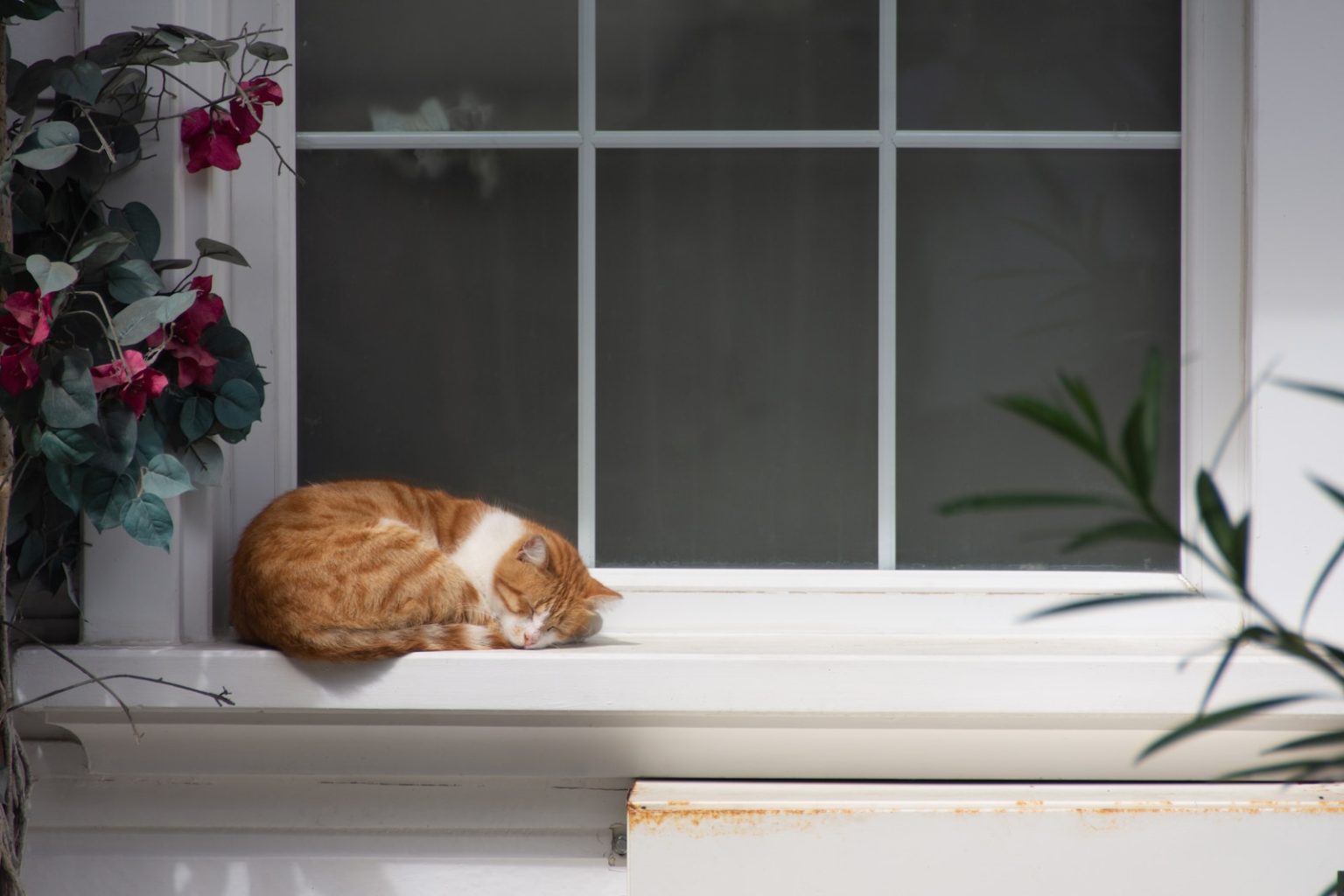As pet owners, it is important for us to understand the nutritional needs of our feline friends at different stages of their lives. Kittens and adult cats have different requirements when it comes to their diet, and it is crucial to provide them with the appropriate nutrients for optimal health.
Kittens are rapidly growing and developing, and their nutritional needs are different from those of adult cats. They require a higher amount of protein, fat, and calories to support their growth and energy needs. It is recommended that kittens consume a diet that consists of at least 30% protein and 20% fat. This can be achieved through high-quality kitten food that is specifically formulated for their needs.
In addition to protein and fat, kittens also require higher levels of certain vitamins and minerals. For example, they need more calcium and phosphorus for bone growth, and more vitamin D for proper absorption of these minerals. They also need more taurine, an essential amino acid that is important for heart and eye health.
As kittens grow and reach adulthood, their nutritional needs change. They require less protein, fat, and calories, and more of certain vitamins and minerals. Adult cats should consume a diet that consists of at least 26% protein and 9% fat. However, it is important to note that some cats may have different requirements based on their age, weight, and activity level.
One of the most important nutrients for adult cats is water. Cats have a low thirst drive and may not drink enough water on their own, which can lead to dehydration and other health issues. Feeding wet food or adding water to dry food can help ensure that cats are getting enough hydration.
In conclusion, understanding the nutritional needs of kittens and adult cats is crucial for providing them with a healthy and balanced diet. Kittens require a higher amount of protein, fat, and calories for growth and development, while adult cats need less of these nutrients and more water. By feeding our feline friends the appropriate diet for their stage of life, we can help them live long and healthy lives.


